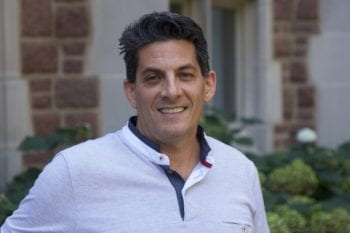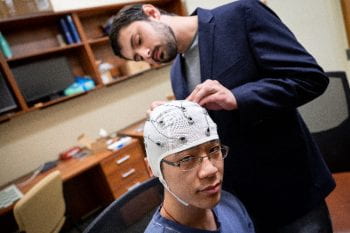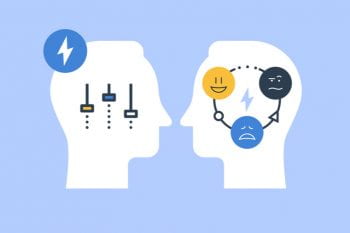The complexity of the human brain – 86 billion neurons strong with more than 100 trillion connections – enables abstract thinking, language acquisition, advanced reasoning and problem-solving, and the capacity for creativity and social interaction. Understanding how differences in brain signaling and dynamics produce unique cognition and behavior in individuals has long been a goal […]
WashU researchers map individual brain dynamics








